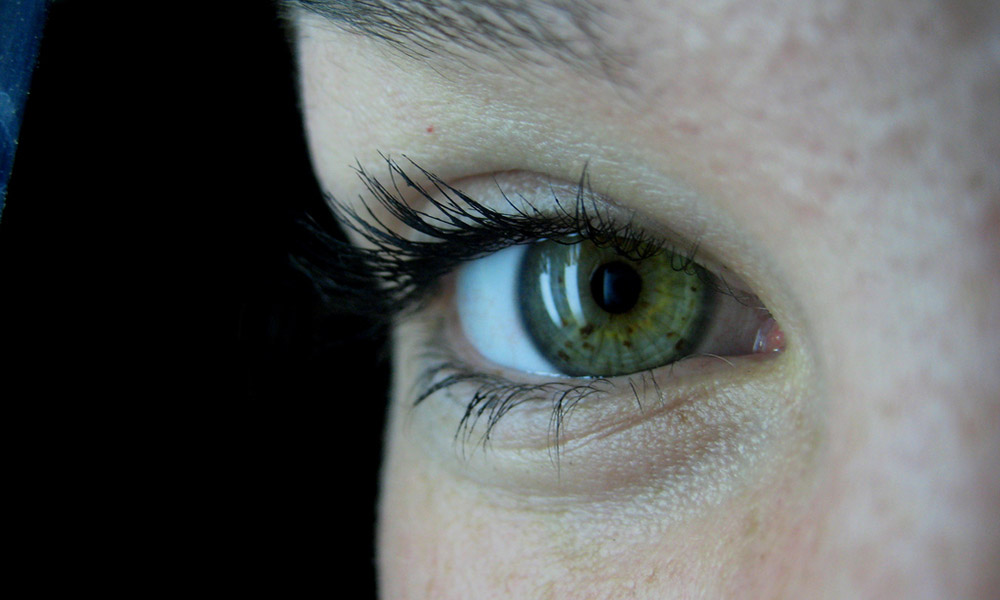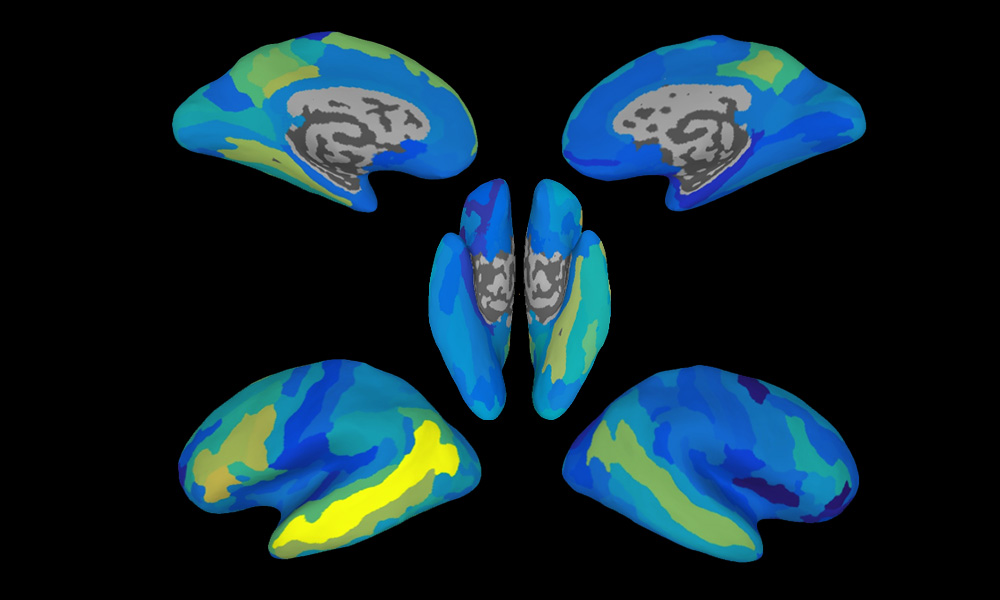
Science & Technology
Brain training video games help improve kids vision
November 28, 2016
A new study by vision scientists finds that children with poor vision see vast and lasting improvement in their peripheral vision after only eight hours of playing kid-friendly video games.









